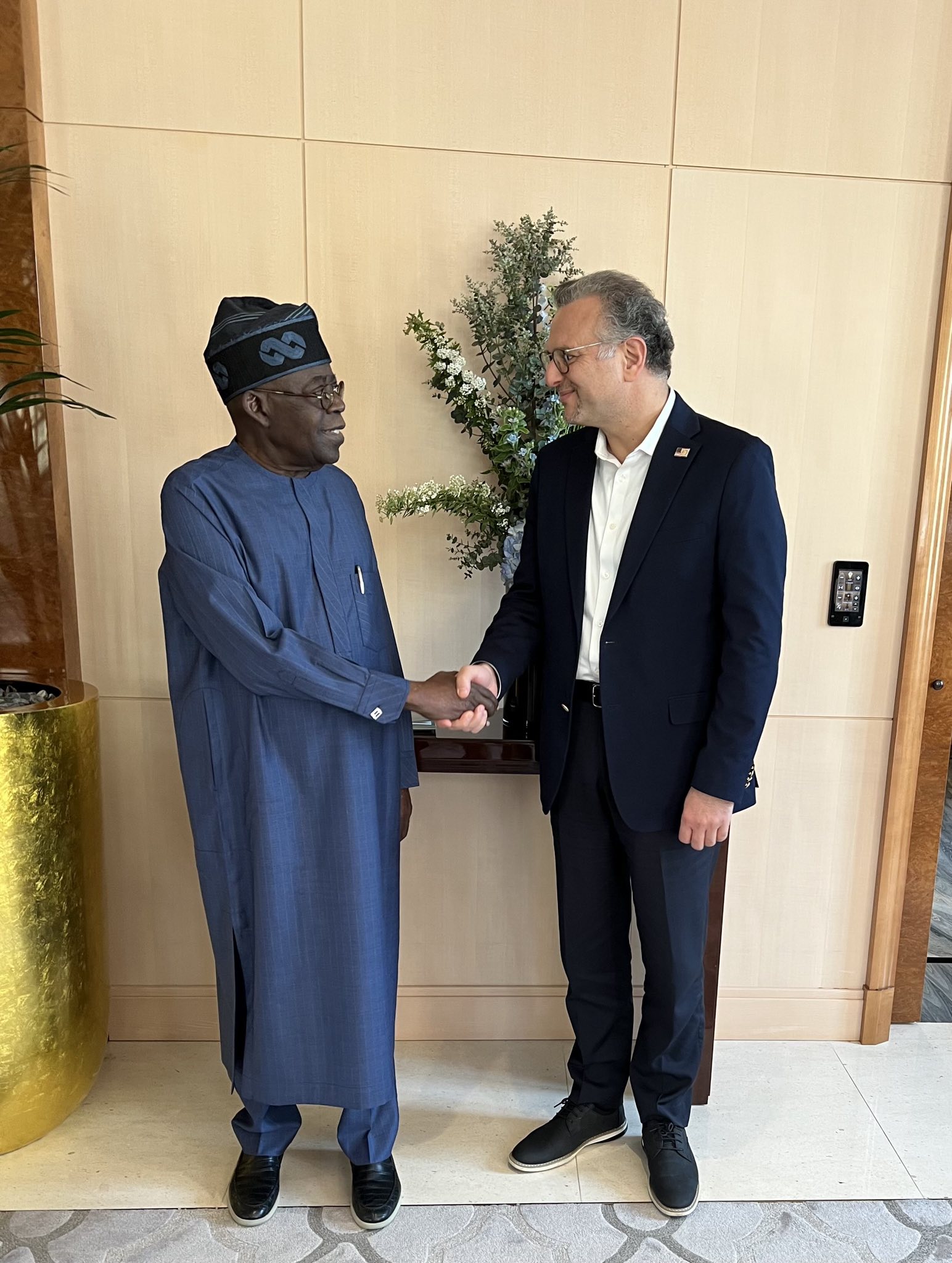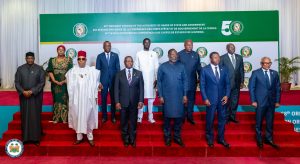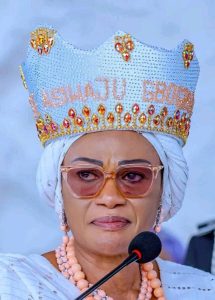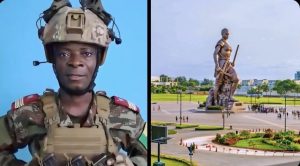18 October 2025
In a recent statement that has sparked debate, Massad Boulos, a senior advisor to US President Donald Trump on Arab and African affairs, has dismissed allegations of a Christian genocide in Nigeria, asserting that terrorist groups like Boko Haram and ISIS have killed more Muslims than Christians. Boulos, who holds Nigerian citizenship and has deep-rooted business ties in the country, made these remarks following a meeting with Nigerian President Bola Tinubu in Rome, where he praised the Nigerian government’s efforts to combat insecurity.
Boulos, a Lebanese-American businessman whose family has operated enterprises in Lagos for decades, is a longtime associate of Gilbert Chagoury, a prominent Lebanese-Nigerian tycoon and one of Tinubu’s closest confidants and benefactors. Chagoury, known for his extensive business interests in Nigeria, has been described as a key figure in Tinubu’s political and economic network. Boulos’s connections extend to multiple encounters with Tinubu, including an impromptu meeting in Paris in April 2025, which Nigerian officials at the time highlighted as involving a “top global investor.” Critics argue that these associations may influence Boulos’s diplomatic positions, particularly given his alleged Nigerian business stakes.
The advisor’s comments come amid ongoing concerns about religious violence in Nigeria, where reports from human rights groups have documented attacks on Christian communities in the north and middle belt regions. Boulos countered these narratives by emphasising that terrorism affects all faiths indiscriminately and commended Tinubu’s administration for deploying more resources to address the issue. However, sceptics point to Boulos’s apparent lack of firsthand experience in the affected areas. There are no public records of him visiting any Internally Displaced Persons (IDP) camps in Nigeria or the hotspots of reported violence against Christians. Instead, his recent travels have included a trip to North Africa in July 2025 and visits to Chad, as well as earlier engagements in countries like the Democratic Republic of the Congo, Kenya, Uganda, and Rwanda.
This absence of direct exposure has led some to question the credibility of Boulos’s assertions. “Without visiting the IDP camps or the regions plagued by violence, how can one credibly downplay documented incidents?” asked one Nigerian commentator on social media, echoing broader sentiments that Boulos’s views may be shaped more by his affiliations than by on-the-ground realities. His ties to Tinubu’s Lagos-based business and political ecosystem have fuelled allegations that he is downplaying the violence to align with Nigerian government interests.
Adding to the controversy, some observers have drawn parallels between Boulos and Alexander Zingman (often referred to as Alex Zigman or Sigman), a Belarusian businessman whom Tinubu claimed was a classmate at Chicago State University during a 2025 political scandal. Fact-checks revealed that Zingman attended the University of Delaware, not Chicago State, leading to accusations of fabrication in Tinubu’s educational claims. Critics have labelled Boulos as “just another Alex Zigman,” suggesting he may be a strategically positioned figure in Tinubu’s narrative.
US lawmakers, including Senator Ted Cruz, have previously raised alarms about religious persecution in Nigeria, urging stronger action. Boulos’s rebuttal, delivered in his capacity as a US envoy, has been welcomed by some Nigerian officials but met with scepticism from advocacy groups. The Nigerian government maintains that insecurity is being addressed, with recent deployments showing results, though human rights organisations continue to call for independent investigations into alleged targeted violence.
As Nigeria grapples with these complex security challenges, Boulos’s statements highlight the intersection of diplomacy, business, and politics. Whether his perspective will influence US policy remains to be seen, but the debate underscores the need for transparent, evidence-based assessments of the situation on the ground.






